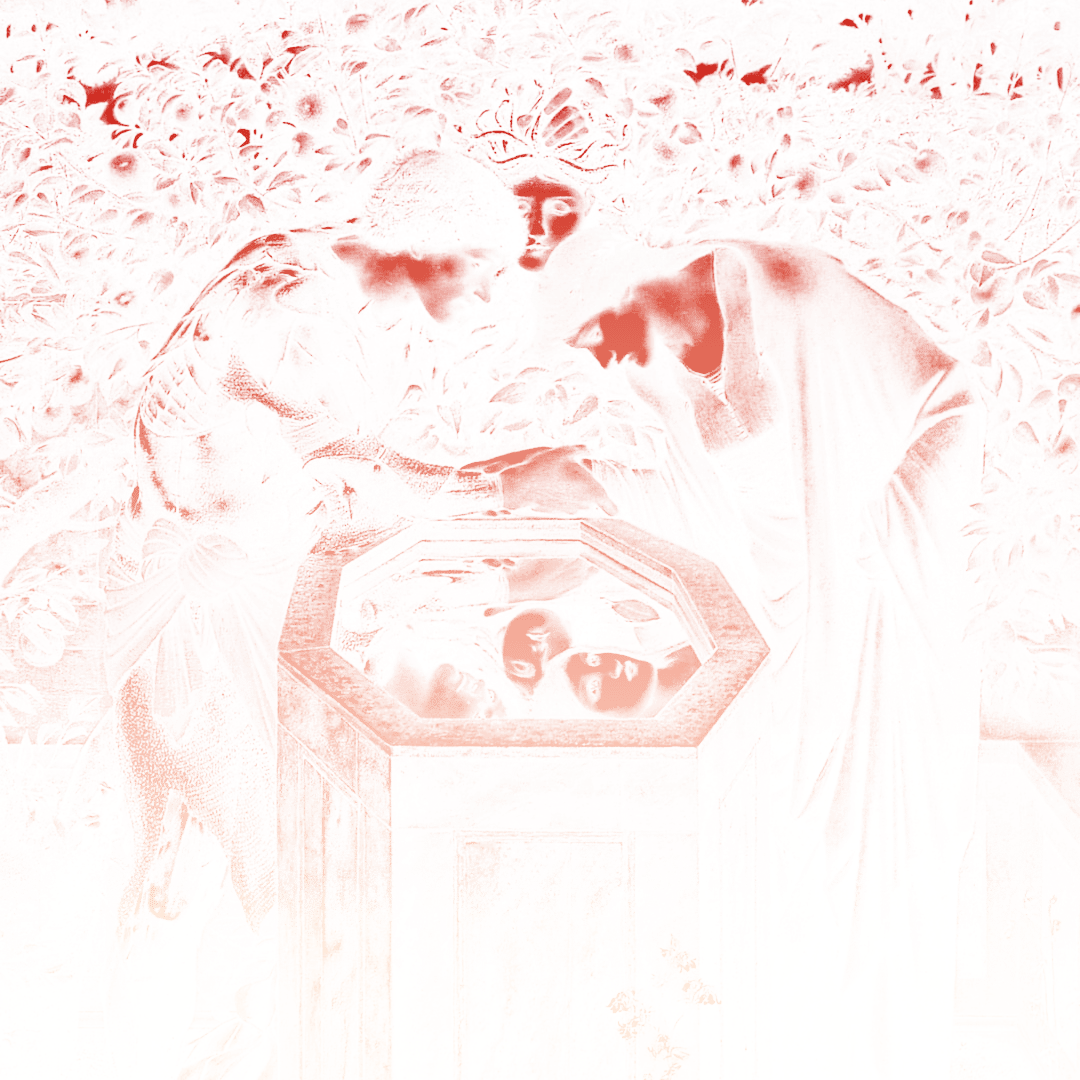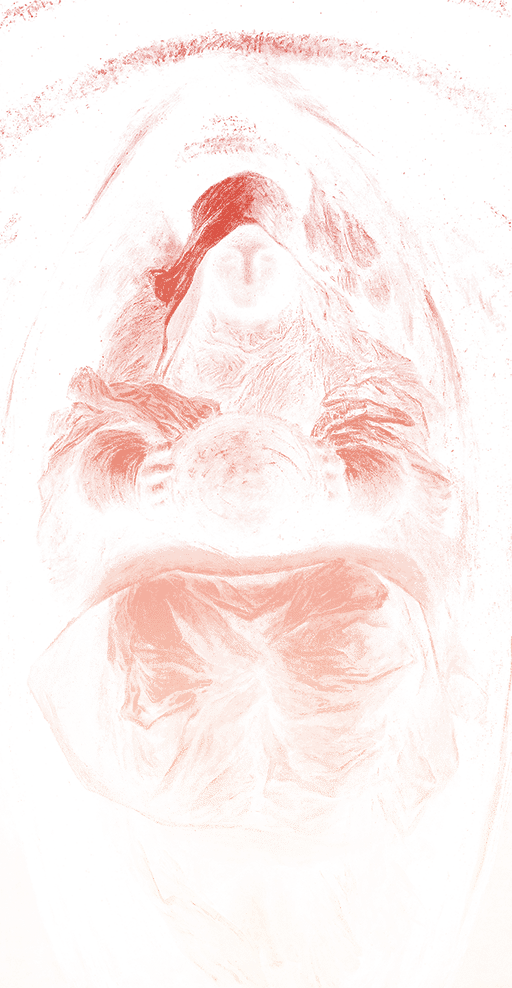The Department Of Solace

I have changed and changed over and over, for this is the true covenant with divinity. You must remain open and free. The shackles of ideology and rigid thinking are always awake and waiting by your doorstep, it is important to keep yourself pure of such poisons. I think back sometimes to the early phases of my life, most of them built up from naivety, and I look up to the piercing light and feel such grace and freedom. It has always been a gift to be aware of yourself. Solitude contains many answers to the mysteries of the world. Darkness and shadows too contain the hidden border world from which we always wish to define. Thinking back to the pattern of divine beings bringing themselves out from the darkness, it is a mystical thing to exist within the mystery of shadows. Self awareness is a slowly dwindling characteristic in todays time, increasingly harder it is for all westernized people to be aware of themselves outside of their devices and false realities. Your eyes are laced with the truth of ages, wordless beauty that chimes into our dreams. A million translations cannot contain the true essence of the human soul. In the ghostly vein of waking and dreaming awaits the image of rebirth. Listening to the noise held in the machines, we are lured into a new false completion. Those overlords of chaos wish from us to begin a new era of transhumanism where true human connection is a relic of the old. The sea washes up on the shore with a whisper, "We are the infinite children wearing the mask of the beast".
–kFrom and to the Darkness

A shadow cast over the sweet kingdom, all serpents writhe beneath the mud. A once pure image cast over the society, now that world has been pruned of her beauty and twisted into an anti-vision, a chaos akin to hell. All of her kindest warriors lay silent in their homes, hiding from the red surge of wrath and confusions. The meek cannot name the evil quite yet, our tongues turned away from the words, our hands brought beneath the guillotine of madness. The false lights bring an even crueler shadow, one devoid of life, one created from the enchanted spells of the dark prince. We are held tight to the light, we are purified in our awareness. True divinity sleeps within a dream world, from and to the darkness.
–kThe Chamber

In the flash of the pandemic, people once aware of their own figures were consumed by their idle shadows. In this sense, the modern world is actually covered by a darkness which has been masked by an artificial light. An illusion which pushes us further away from the natural world and it’s contents. An illusion which strips our souls away and returns us as empty shells of our former self. The technological advances of this modern era have left us in awe at the potential of human invention and yet we have become more obsessed with our own shadows. It was not a foreign darkness from which we had been controlled but rather our own blackened spirit growing from within the chamber of false light and solitude.
–kIn Praise of Shadows
“Were it not for shadows, there would be no beauty.”
– Jun'ichiro Tanizaki

The mechanised world is the death of silence and subtlety. With it dies mystery. Through fear of the unknown and the uncontrollable, we gave in to temptation. We lit up the world and lost sight of the stars. The more of the natural world we block out of our lives, the more we seek the nothingness inside the human-made light gate.
It’s a dark spiral, a spiral Tanizaki, the author of In Praise of Shadows, couldn’t have imagined, even though he felt early on that something was deeply off with the industrial revolution brought on by the West. He believed the relentless progress of technology and machines completely drowned out the subtlety of natural life. The mystery of the unknown perished. Shadows got weaker, and so did our imagination. Worshipping light, man-made or not, has always been the majority, while the worship of subtle shadows will always be a small minority. We strive for the lit, direct, and strong over the subtle, unknown, and mysterious.
While the majority of Christians associate darkness with evil and light with God, there has always been a small subsection of the faith that, in a similar way to Tanizaki, sees the beauty and importance of the stillness of darkness. In Christian mysticism, figures like Pseudo-Dionysius and John of the Cross argued for something very close to what Tanizaki expressed. Through shadows and darkness, you paradoxically get closer to God, who is light. God is ultimately unknowable through human reason or language, but can be approached through a process of isolation, meditation and symbolic language.
In the mysterious book The Cloud of Unknowing, written sometime in the late 14th century, an unknown monk argues exactly this. The author says to set aside all created images and knowledge, even thoughts about God. The idea is not to think your way to God, but to love your way into God’s mystery. This is exactly where Tanizaki’s idea of shadow overlaps. Both suggest that depth is found in what is not clearly seen or understood.
–fDeath of Dreams

Dreams have been an important aspect throughout human history. They fill us with wonder; they’re a natural window into fantastic worlds beyond the usual restraints of our waking lives. In the past, there was a great emphasis on dreams. Some believed it was essential to be able to interpret dreams, as they were linked to something deeper. It was also easier to dream and remember them before the mechanized world. Stress, disrubted sleep patterns, noise pollution, and blue light all helps disrubt melatonin, the hormone that signals the body it's time to sleep. This heavily delays REM sleep, cutting into this stage of sleep most associated with vivid dreaming. Since REM sleep and dreaming play an important role in emotional regulation and storing memory, less dreaming is linked to heightened anxiety and memory problems. Poor REM sleep can actually destroy creativity, emotional strength and make you mentally ill. For every fan noise, electric buzzing we are exposed to, the more cluttered our minds get, including our dreams. The connection is drastically severed or polluted through this gate into our subconscious.
With this disconnect from the natural, we subconsciously feel a vacuum we desperately try to fill. We again use our screens to deepen our need for dreams, only now it’s simulated dreams, worlds made by conscious, deliberate minds. But it doesn’t really satisfy us; all it does is worsen our connection to the vital importance that is the act of dreaming. There’s no pause from the human-made noise. We dream nothing, we remember nothing, we wake up and are consumed by this artificial world we substituted for dreams.
–fThe Ghost Poison of Blue Light

By now we know heavy screen use deeply harms us, I suspect we've only scratched the surface of the damage that has already been done. It's been linked to both mental and physical problems. It can mess with your sleep by blocking melatonin, cause dry eyes and strain, and wreck your attention span especially in kids. It’s also tied to more anxiety and depression, and addictive behavior especially from from social media. Physically it leads to bad posture and sitting still. Which adds to problems like weight gain and back pain. For younger kids, too much screen time can slow down language learning and hurt their social skills. And seeing too much violent stuff all the time might make them emotionally numb.
Studies also show that using screens in an active, fast-scrolling way, with flashy content, can mess with how well you understand stuff and control your impulses. When focus and language skills drop, it gets harder for your brain to really take things in, remember them, or think deeply. This link between screen use and mental health is becoming harder to ignore.
–fThe Light Gate:

The screen is yet another faustian bargain, Lucifer lures you past the light gate with the promise of endless knowledge. But what is the point of knowledge if you lose the ability to process information because you've wrecked your ability to concentrate and comprehend? He promises us friendships, meaningful connections and adventures, but we met with hate, so we are filled with hate. We see lust, so we become lustful.
Our addiction to the world beyond the light gate is endless. The flickering blue star keeps us sedated and unwilling to move. We shut out the sun so we won’t see our reflection in our screens to not be reminded of our dark reflection. In these dark spaces, where the only shining thing is our false light we let demons in. Mental illness, detachment and decay is the norm. Our bodies are only machines after all, so why not become one with one? You try to turn away, but in this dark room there is no joy.
–fBlack Scrying Mirrors

Scrying mirrors were historically used for divination and spirit communication. Practitioners gazed into the dark surface to enter a trance and receive visions, messages, or symbols from spirits or the subconscious. The only difference between using a scrying mirror and what most humans of the civilized world do today is that we are not aware of the black pool behind the light. We are crippled in this state, while doing involuntary scrying. People who used the ancient practice of scrying were always fully aware of their action, there was reason and purpose. And they didn’t stare into the void for hours each day. We have no idea what this does to our mental health, our society and our collective spirit.
–fThe False Light

LCD screens use polarized light so that liquid crystals can control how much light passes through by twisting the light's polarization. This lets the screen turn pixels on or off by blocking or allowing light between two crossed polarizing filters. When you look at an LCD screen through a photographic polarizing filter and rotate it, the screen can turn black because the filter blocks the polarized light coming from the screen. LCDs emit light that's already polarized, so if your external filter is turned 90 degrees to that polarization, it cancels the light, no light gets through, and the screen appears black.
While there is no direct scientific proof as of today, it’s important to understand there hasn’t been any actual research if humans in any capacity can sense the black mirror beyond the polarized light. We can all see the light emitting from the screen, but there is reason to believe we can actually sense the black mirror behind the light. Meaning when there is no reflection on the screen, no outside light, your body or your subconsciousness can still sense the void and your own reflection. Your face.
If this turns out to be correct, we essentially are spellbound at nothing but a false, highly polarized light. But behind this false light we are also hypnotized by the black mirror and our reflection staring back at you. If you ever wonder what you stare into every day of your waking life, buy a cheap polarizing filter for photography, look around you. All it does is block out the false light.
What does this act do to an unknowing population? To stare at your own reflection all day, without realizing what you’re doing? You’re too focused on the light to notice. When the screen turns black for a moment, and you catch a glimpse of your own face, what do you feel? Does it make you feel uncomfortable? Sad?
–fThe Bringer of Light:

Since the invention of time we humans have sought to discover all secrets of the universe. We learned how to control fire, through fire came knowledge, power, but also destruction. Fire became essential in more or less all organized religions.
Fire represents the Holy Spirit, divine presence, and purification. Fire in Islam is mostly a symbol of divine punishment (e.g., Hellfire), though light (nūr) is used for divine guidance. The eternal fire (ner tamid) burned in the Temple and now in synagogues, recalling God’s constant presence; also, the burning bush and fire atop Mount Sinai. Tibetan Buddhism uses fire rituals to purify karma and release spirits; cremation is common to signify liberation. In Zoroastrianism fire is the purest symbol of truth and the presence of Ahura Mazda. In ancient Greece sacred hearth fires burned in temples and homes. For Romans fire represented eternal Roman spirit and divine order.
From fire we forged metals, from metals came swords, cogwheels and machines. From machines came guns and bombs. From bombs came silence, a stillness carved by heat and ash. Yet fire remained. The mechanical world was birthed through flames. We illuminated the world with a human made light so we wouldn’t see the night. The morning star shone bright, we blocked out the stars, because our light gave us a sense of safety. In our shielded existence we became dependent on our own light.
It isn’t surprising that TVs, screens and monitors would become such an instant addiction to many of us. The higher the resolution, frame rate and color rendition the more captivated we became. We follow the same patterns of the humans before us. Instead of gathering around a warm, dancing bonfire to tell each other stories and myths, we let the TVs tell the stories for us.
The name Lucifer in Latin translates to the light bringer or the morning star. As a young man I had a hard time understanding what the old folk said, that Lucifer never forced you to sin, you will always sin of your own free will.
They tell you to be skeptical of new shiny technology, while accepting technology from their own youth. The rejection and suspicion of new gadgets is a well known phenomenon. We were skeptical of printed books, photography, the radio, TVs, having more than one TV-channel etc. But for each generation we grow up with these new innovations and the old skeptical people die of old age.
Lucifer is the bringer of light, fire burns you, so you take control over it. We worship the sun, but dare to stare at it, and he will punish you with blindness. In our arrogance we gladly accept the faustian bargain of submitting to the fire. Endlessly becoming enslaved and equally fascinated with its power.
The screen is a synthetic cold fireplace, we gaze into the flickering blue light. In our hypnosis we see no gods inside these blue flickering flames, so we construct a world inside this light gate with a human world. A world where humans have full control, where we made everything from nothing. As we filled the world with millions of small false stars to brighten the night sky, we filled our rooms with a cold flickering light.
–fNarcissus and the silver-bright water

"As Narcissus had scorned her, so he had scorned the other nymphs of the rivers and mountains, so he had scorned the companies of young men. Then one of those who had been mocked, lifting hands to the skies, said ‘So may he himself love, and so may he fail to command what he loves!’ Rhamnusia, who is the goddess Nemesis, heard this just request.
There was an unclouded fountain, with silver-bright water, which neither shepherds nor goats grazing the hills, nor other flocks, touched, that no animal or bird disturbed not even a branch falling from a tree. Grass was around it, fed by the moisture nearby, and a grove of trees that prevented the sun from warming the place. Here, the boy, tired by the heat and his enthusiasm for the chase, lies down, drawn to it by its look and by the fountain. While he desires to quench his thirst, a different thirst is created. While he drinks he is seized by the vision of his reflected form. He loves a bodiless dream. He thinks that a body, which is only a shadow. He is astonished by himself, and hangs there motionless, with a fixed expression, like a statue carved from Parian marble.
Flat on the ground, he contemplates two stars, his eyes, and his hair, fit for Bacchus, fit for Apollo, his youthful cheeks and ivory neck, the beauty of his face, the rose-flush mingled in the whiteness of snow, admiring everything for which he is himself admired. Unknowingly he desires himself, and the one who praises is himself praised, and, while he courts, is courted, so that, equally, he inflames and burns. How often he gave his lips in vain to the deceptive pool, how often, trying to embrace the neck he could see, he plunged his arms into the water, but could not catch himself within them! What he has seen he does not understand, but what he sees he is on fire for, and the same error both seduces and deceives his eyes.
Fool, why try to catch a fleeting image, in vain? What you search for is nowhere: turning away, what you love is lost! What you perceive is the shadow of reflected form: nothing of you is in it. It comes and stays with you, and leaves with you, if you can leave!"